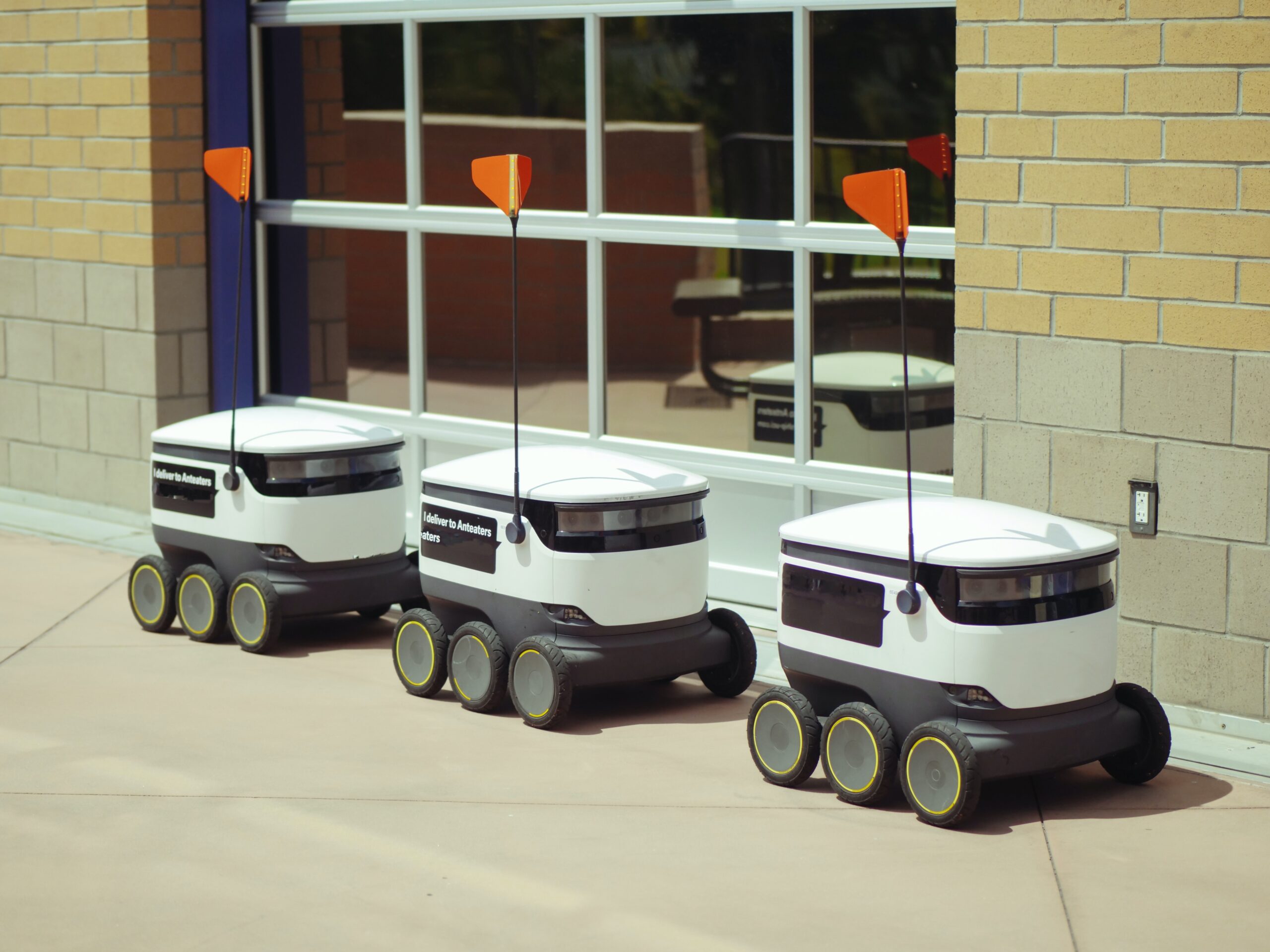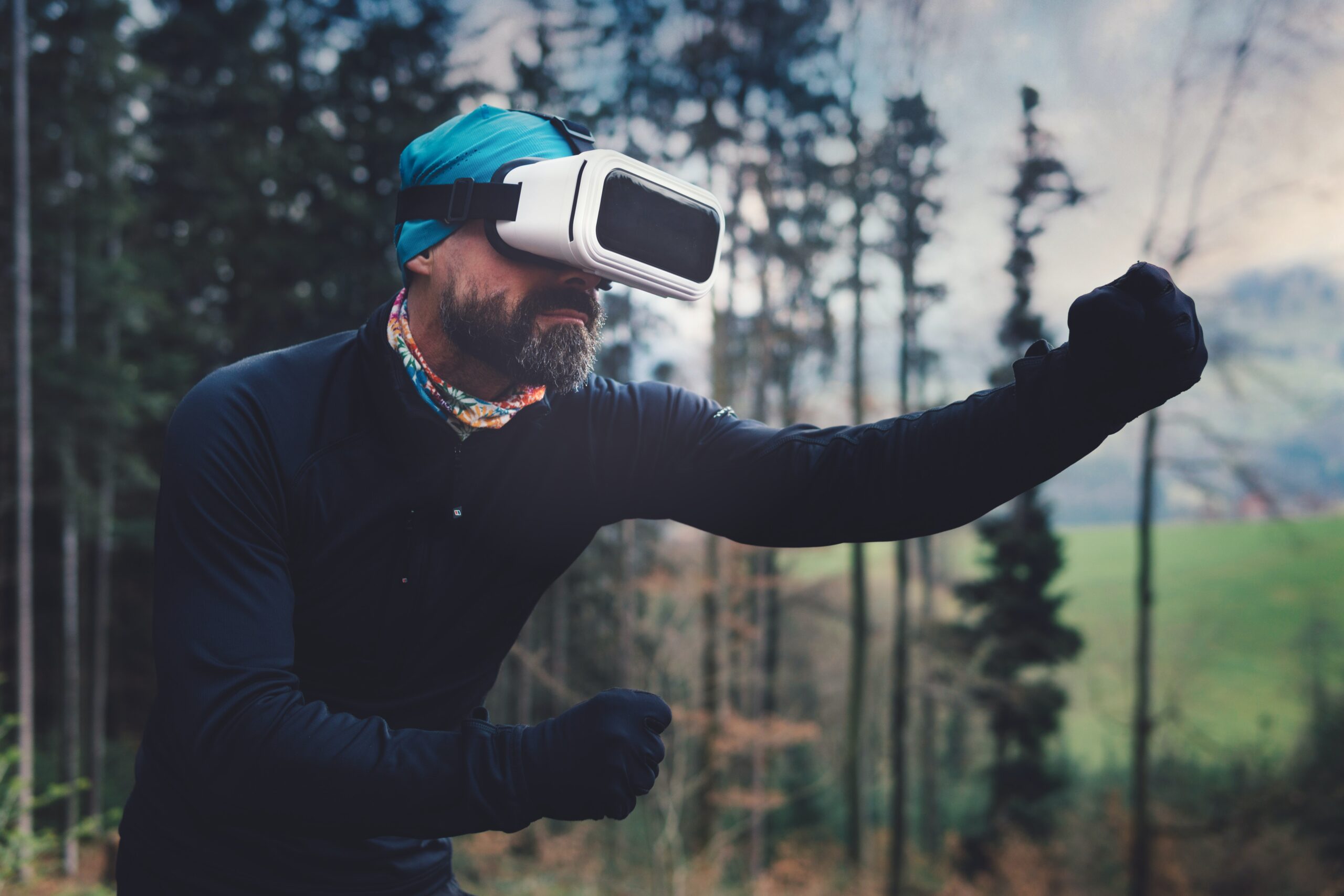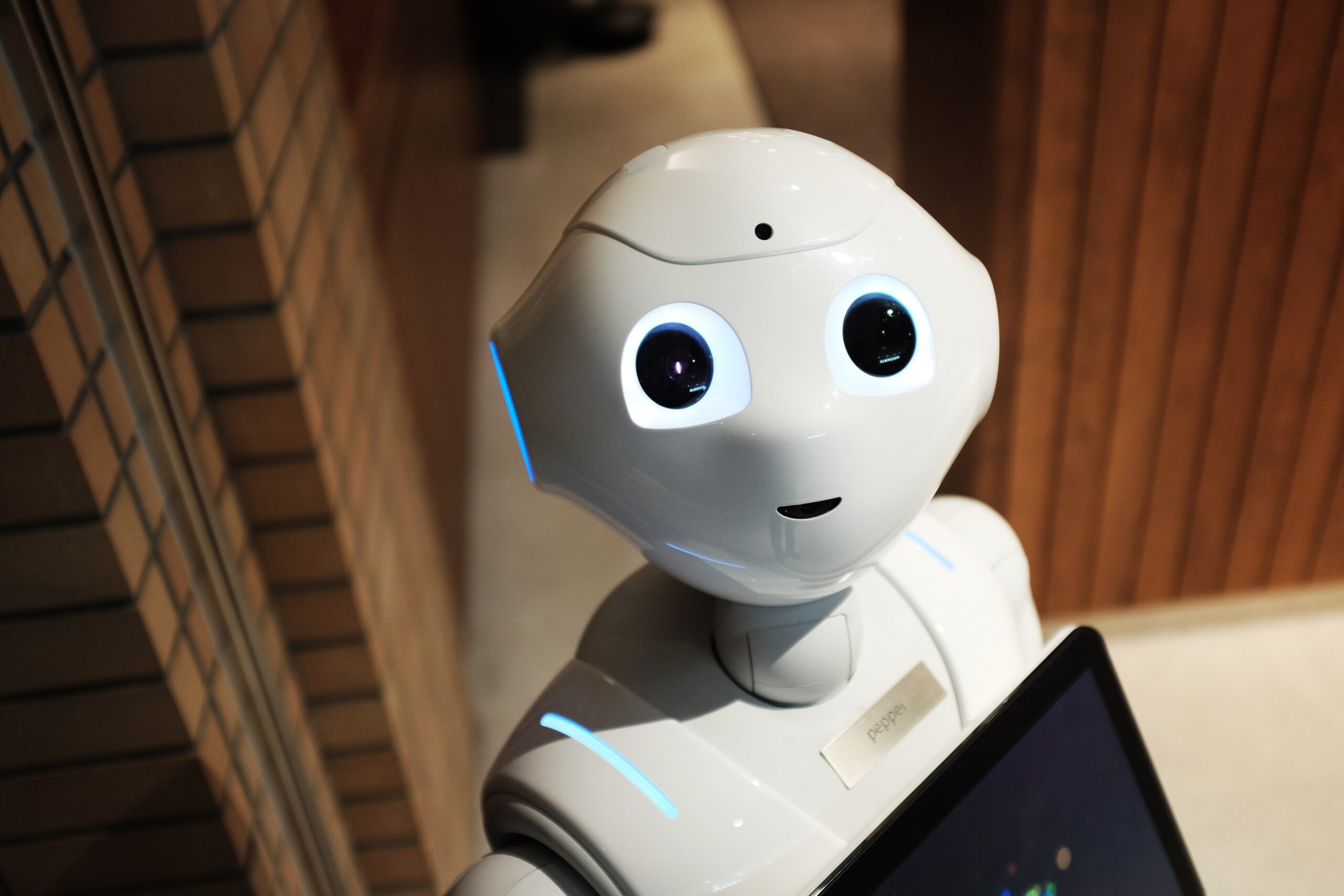Title: The Future of AI: Unlocking Boundless Potential
Introduction
Artificial Intelligence (AI) has evolved exponentially in recent years, transforming various industries and revolutionizing the way we live and work. As we step into the future, AI continues to push boundaries and open up new possibilities that were once confined to the realm of science fiction. From advanced machine learning algorithms to sophisticated neural networks, AI is poised to reshape our world in unprecedented ways. In this article, we will explore the future of AI and the profound impact it is expected to have on society.
Enhanced Automation and Efficiency
One of the most significant contributions of AI in the future will be enhanced automation and efficiency across industries. AI-powered systems will streamline complex processes, reduce human error, and optimize resource utilization. From manufacturing and logistics to healthcare and finance, AI will enable machines to perform tasks with speed and precision, ultimately leading to increased productivity.
In the transportation sector, for example, autonomous vehicles are set to become the norm. AI algorithms, coupled with advanced sensor technologies, will enable cars, trucks, and public transportation systems to navigate safely and efficiently, reducing accidents and traffic congestion. This technology will revolutionize the way we travel, transforming our cities and making transportation more accessible for all.

Personalized Experiences
AI’s ability to analyze vast amounts of data and derive insights from them will lead to highly personalized experiences in various fields. In healthcare, AI-powered diagnostic systems will assist doctors in making accurate and timely diagnoses, leading to more effective treatments. AI will also help tailor medications and treatment plans to individual patients, ensuring optimal outcomes.
In the realm of entertainment and media, AI algorithms will enable personalized content recommendations based on individual preferences. Streaming platforms will leverage AI to understand viewers’ interests and provide curated content, enhancing the user experience. Additionally, AI-generated virtual reality (VR) and augmented reality (AR) experiences will transport users into immersive worlds tailored to their desires, further blurring the boundaries between reality and digital realms.

Ethical Considerations and Responsible AI
As AI continues to advance, it is crucial to address ethical considerations and ensure responsible development and deployment. The future of AI necessitates robust regulations and guidelines to safeguard against misuse and protect privacy rights. Developers and policymakers must work together to create transparent and accountable AI systems that prioritize fairness, equity, and human well-being.
AI bias and algorithmic discrimination are concerns that need to be actively addressed. Efforts must be made to mitigate biases in training data and algorithms to avoid perpetuating societal inequalities. Transparent AI decision-making processes and explainable AI models are essential to building trust between humans and intelligent machines.

Collaborative Coexistence
Contrary to popular narratives, the future of AI is not about humans being replaced by machines. Instead, it envisions a collaborative coexistence between humans and AI systems. AI will augment human capabilities, enabling us to focus on higher-level tasks that require creativity, critical thinking, and emotional intelligence.
In education, AI-powered tutoring systems will personalize learning experiences, adapt to individual students’ needs, and provide targeted feedback. This technology will empower educators, allowing them to tailor their teaching strategies and unlock the full potential of every student.

Conclusion
The future of AI holds immense promise and potential. As AI technology continues to evolve, it will reshape industries, improve efficiency, and enhance the quality of our lives. However, with these advancements come the responsibility to ensure ethical and responsible AI development. Striking the right balance between human ingenuity and intelligent machines will be crucial as we navigate this transformative era. By embracing AI’s potential and shaping its future with care, we can unlock a world where innovation and human progress flourish in harmony.

Leave a Reply